|
Research shows expectations influence outcomes.
What are your expectations for you and your students or young library patrons? Are they high or low, in between? The book, 'Expect the Most, Provide the Best: How High Expectations, Outstanding Instruction, & Curricular Innovations Help All Students Succeed By Robert L. Green, PhD., provides a guide focusing on expectations and how they can affect learning outcomes, especially for Black and Brown students. Primarily for teachers, this book also works well for those in library or community organizations working with our K-12 young people. The book lists resources, voices from the field, reframing mindsets, and accountability. Library managers, parents, principals, teachers, and community workers, use this book to reflect on and create discussions around what high expectations look like from your perspective and how to change a 'poverty of spirit' mindset to one of persistence and limitless potential. If you know someone who is interested in the post or profile please FOLLOW US and share this with those who are interested. Thank you!
0 Comments
Can we talk about how to learn to read with different purposes in mind?
This article has me thinking about how do those who educate about reading teach reading BY FORMAT. Reading by screen and print may present different levels of concentration AND comprehension. How do we teach and learn by the format? What tools do you use to get the most out of reading a screen? Are you still a print, highlighter, stick note reader? Click on the image to read the full-text of the article. Books:
Parker, Kimberly N. 2022. Literacy Is Liberation : Working Toward Justice through Culturally Relevant Teaching. Alexandria, Virginia: ASCD. Education for Liberation Network & Critical Resistance Editorial. 2021. Lessons in Liberation : An Abolitionist Toolkit for Educators. Edited by Education for Liberation Network and Critical Resistance (Organization). Chico, CA: AK Press. Kaba, Mariame, and Naomi Murakawa. 2021. We Do This 'Til We Free Us : Abolitionist Organizing and Transforming Justice. Edited by Tamara K Nopper. The Abolitionist Papers Series. Chicago, IL: Haymarket Books. The book selection creates conversation about liberation and abolitionism, transforming systems, and what these themes look like in practice. Use the following works for learning communities, professional development, bookclubs to advance educator and librarian practices. If a school district, teaching community or library staff is truly interested in inclusive engagement with Black communities, this book is a necessary professional development or learning community tool.
Equitable by Design by Yvette C. Laundry examines opportunities to establish stronger more authentic partnerships among Black families and school/library communities. This book features theory to practice strategies, reflection, goal setting and action step opportunities. Request it at and for your local library and school professional development collection. Click on the image for article access:
Just some pre-prep for next month as we reflect on MLK Day. We hear a lot about Black Joy but what does it mean when we are teaching and incorporating Black history in education. EdWeek posted an opinion piece: Don’t Teach Black History Without Joy The Black experience is not one-dimensional. Why do we teach it that way? By Jania Hoover Share your thoughts of what Black Joy in curriculum and instruction means to you? Whether you're a homeschool teacher, classroom, or school librarian, this is a good article to begin to define what it means to you and the content you tech. Dr. Tatum is currently focusing on environmental literacy. We cannot wait to see what comes of this. He is a leading literacy researcher with a focus on young Black males.If you are not familiar with Dr. Alfred Tatum's work, please check out his work in Google Scholar, as well as, some of the books included in this post.
His latest publication is: Teaching Black Boys in the Elementary Grades: Advanced Disciplinary Reading and Writing to Secure Their Futures. Join us as we collaborate with @mrlitedu for our first Virtual Book Club as we read his latest publication, details in the IG bio. Upcoming new Professional Development title! Black Boys Are Lit: Emerging PreK-3 Gifted & Talented Black Boys Using Multicultural Literature and Ford's Bloom-Banks Matrix By Brian L. Wright, Donna Y. Ford, and James L. Moore This title advocates for the rethinking of literacies by repositioning White-centered texts that often reflect and represent power and privilege toward centering the brilliance of Black identities of Black children in general, Black boys in particular. Black boys (of all ages) want to and need to physically see positive images of themselves in books reflected at them. This representation, we argue, . When Black boys see themselves portrayed visually, textually, and realistically in children's books, vital messages of recognition, value, affirmation, and validation are conveyed. Recognition of the sociocultural contexts in which they live is celebrated. Books for and about Black boys must be rigorous, authentic, multicultural, and developmentally appropriate to allow them to synthesize what they have read, heard, and seen during literacy instruction in authentic and meaningful ways. Developmentally appropriate books should vary with and adapt to the age, experience, and interests of gifted and talented Black boys to allow them the opportunity to demonstrate critical thinking, textual analysis skills and convey conceptual knowledge. A book about strategies for instruction of gifted young Black males is long overdue. We look forward to reading this work. 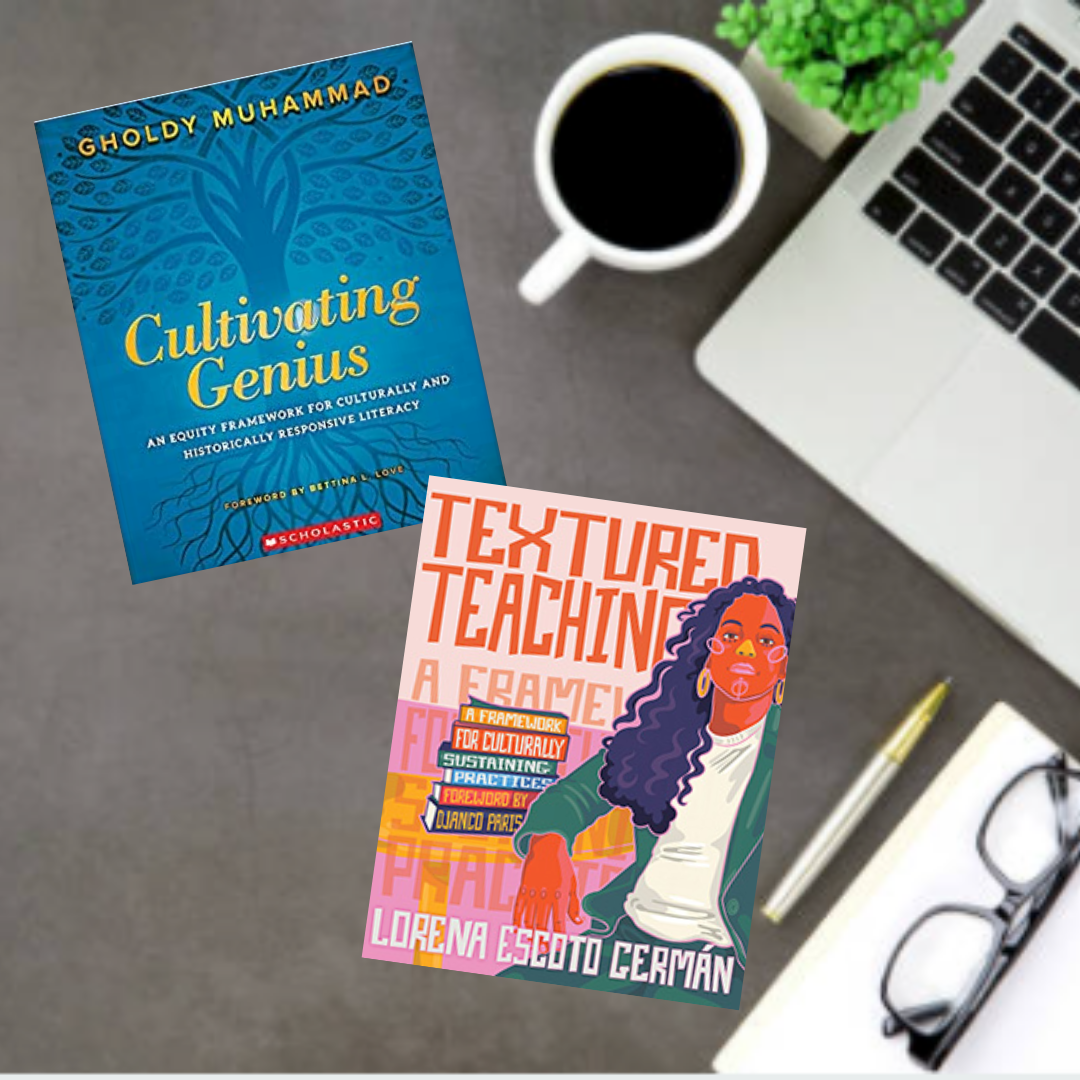 The following titles in this post build student identity, engagement, and literacy practice in classrooms.
How can these ideas be transferred to libraries and community literacy programs? Both books by Prof. Muhammad and Educator Escoto Germán provide methods literacy advocates and librarians can use to connect young people's cultural identities to history and center children's voices in the literacy and learning process. Librarians can also use these titles to enhance outreach and relationship building with diverse patrons. Both books can provide strategies to ground diverse programming and collection building. What were some of the things you've picked up and used from these books in your practice. Titles: Muhammad, Gholdy, Love, Bettina L., writer of foreword, and Scholastic Inc., publisher. Cultivating Genius : an Equity Framework for Culturally and Historically Responsive Literacy. New York, NY: Scholastic Inc., 2020. Print. Germán, Lorena Escoto, and Paris, Django, writer of foreword. Textured Teaching : a Framework for Culturally Sustaining Practices. Portsmouth, NH: Heinemann, 2021. Print. "How do we think about high-quality instruction and high-quality text to shape positive life outcome trajectories?"
-Prof. Alfred Tatum The new publication, Teaching Black Boys in Elementary Grades: Advanced Disciplinary Reading and Writing to Secure Their Futures, is available from Dr. Alfred W. Tatum. At a critical stage in literacy development, Tatum's book details the expectations and rigorous practices across disciplines to reinvigorate the alignment of intellectual tradition with young Black males. The book also includes a multidimensional model of reading and writing, student writing samples, multidisciplinary lesson plans, and more. The following two resources featured reflect where education is at this very moment--reckoning with anti-Blackness, the fear and censoring of anti-racist curriculum and instruction, as well as, cultural responsiveness and sustainability practices in education.
What ties the two books is the theme of authentically connecting with students. 'Teaching for Black Lives' using instruction activities, essays, and art, to help educators humanize Black students. This is done by creating opportunities to connect with students through curriculum, teaching, and policy, while also affirming student and collective activism in educational spaces. Edited by Dyan Watson, Jesse Hagopian, and Wayne Au, 'Teaching for Black Lives' was published in 2018 and is more relevant today for educators in understanding barriers historically facing Black students. This book is beneficial to all educators, especially those who need grounding and inspiration to create an equitable educational system. The other title, 'We Got This: Equity, Access, and the Quest to Be Who Our Students Need Us to Be', by Cornelius Minor, decenters the teacher to anchor the practice focusing on listening to students. This book provides actionable, supportive learning and inclusive practices. This title uses universal design, lesson plan ideas, graphic organizers, and strategies to expand access to greater learning opportunities. “Any curriculum or program that we buy, adopt, or create is incomplete until it includes our students and until it includes us” (p. 104). Cornelius Minor |
AuthorSWE ARE HERE will provide you book reviews, discussions, news, and programming about literature and literacy by and about Black males. This site will also feature vlog conversations on topics related to the promoting literacy and voice for Black boys and young men. Archives
May 2023
Categories
All
|
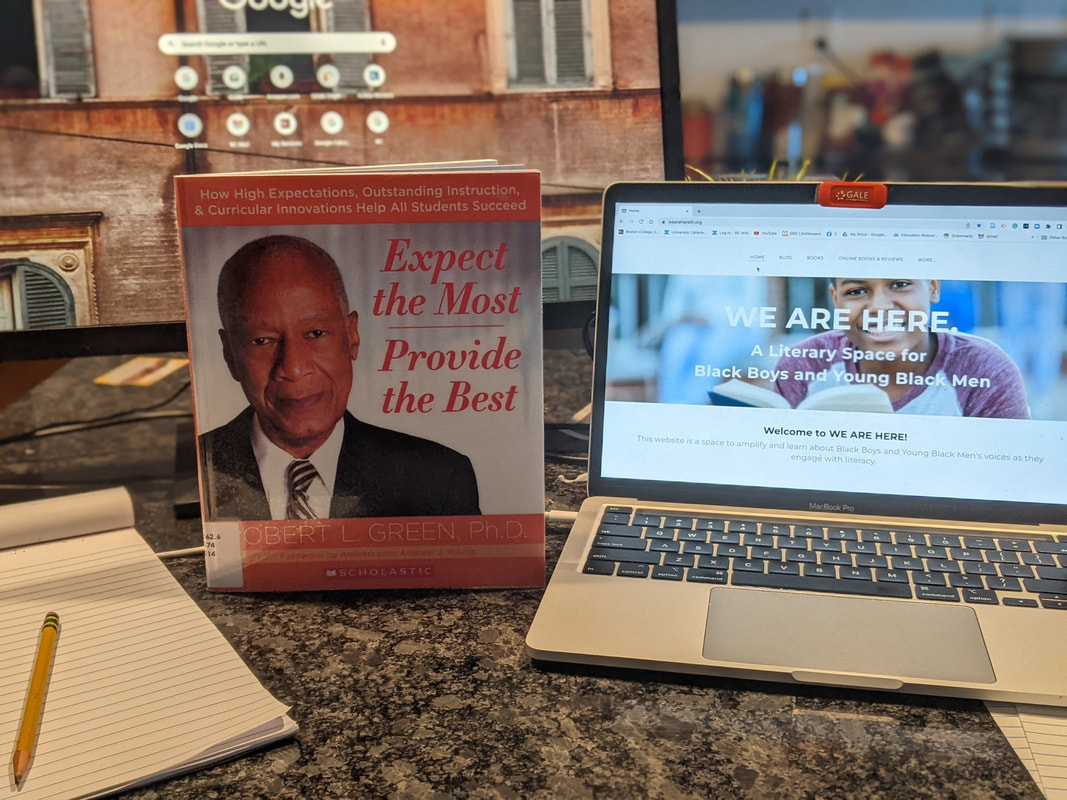
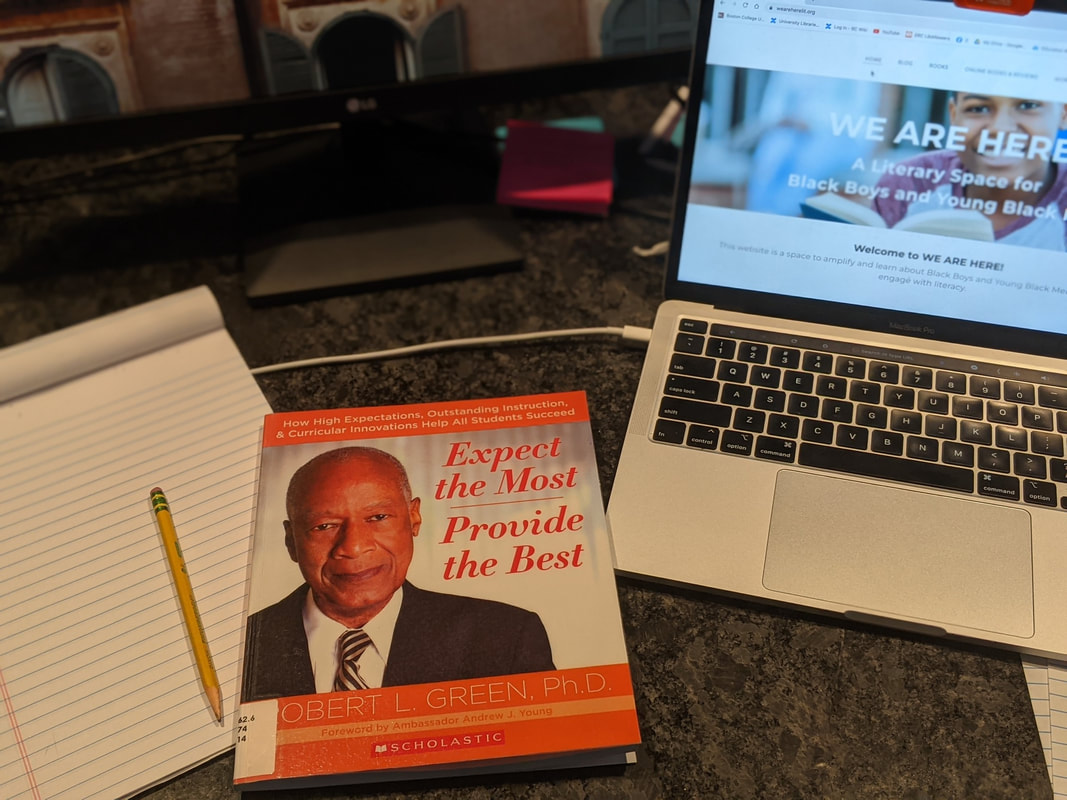
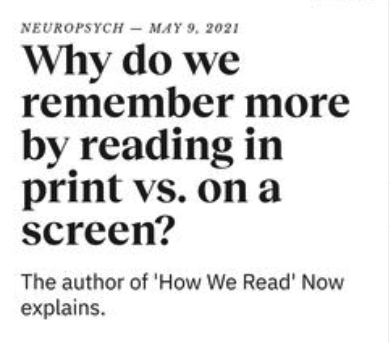
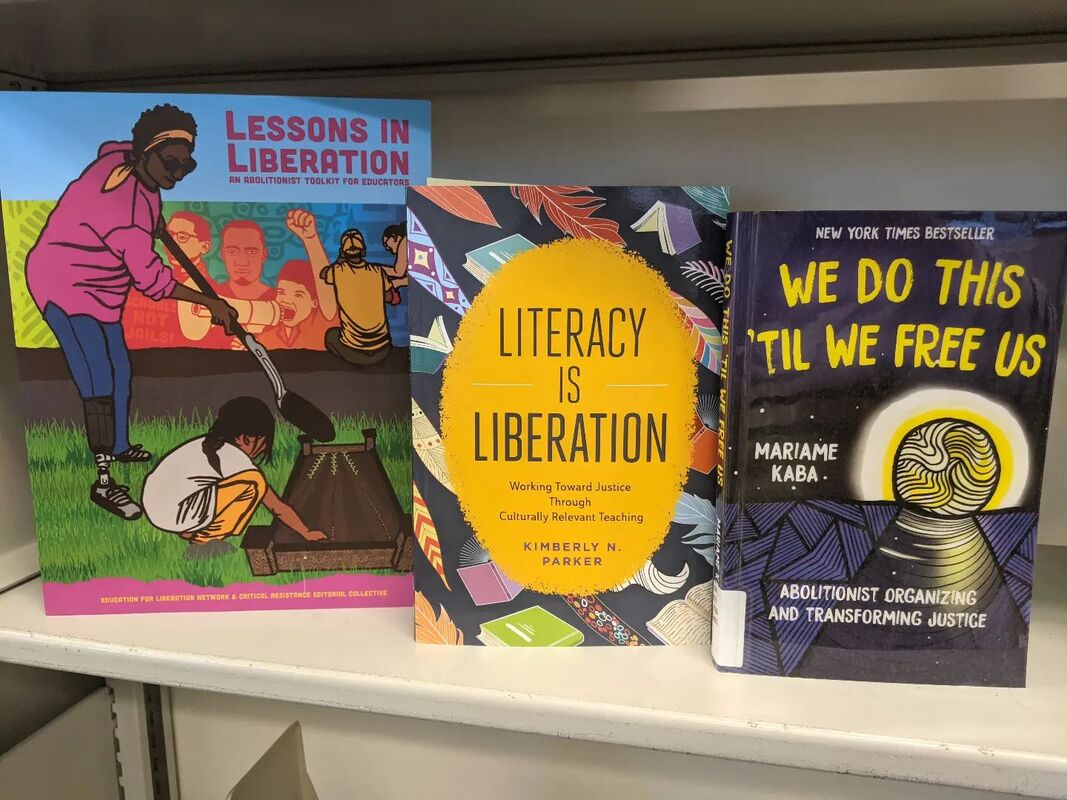
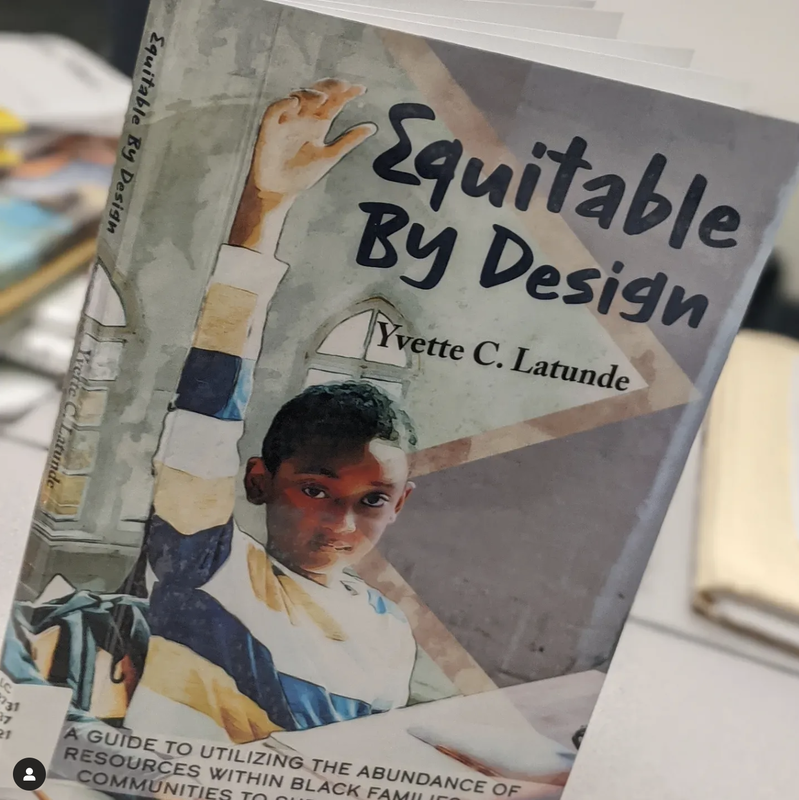
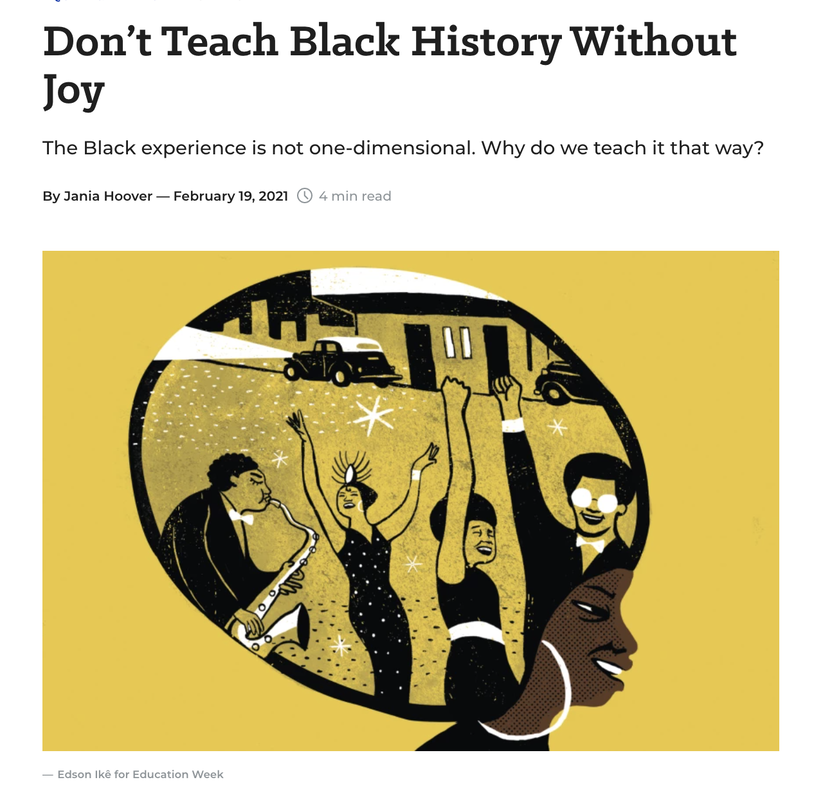
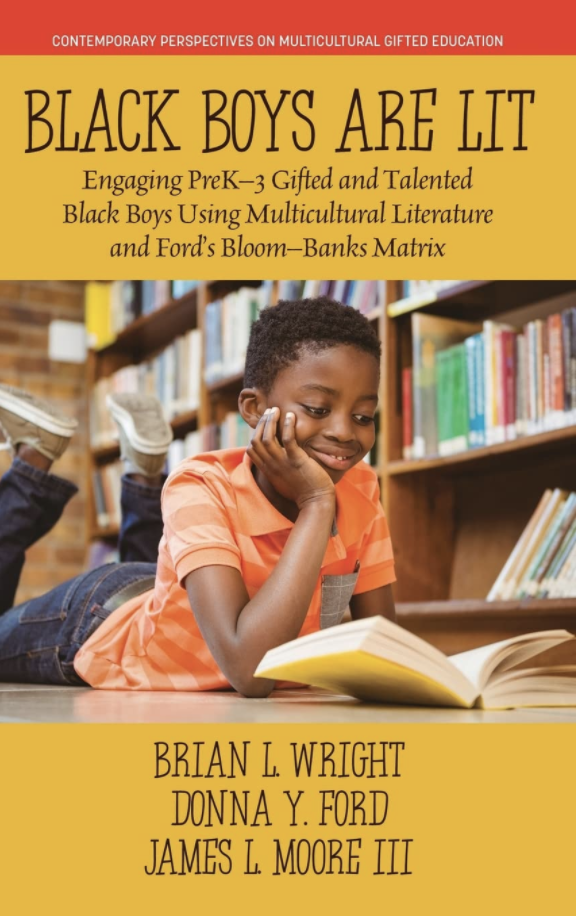
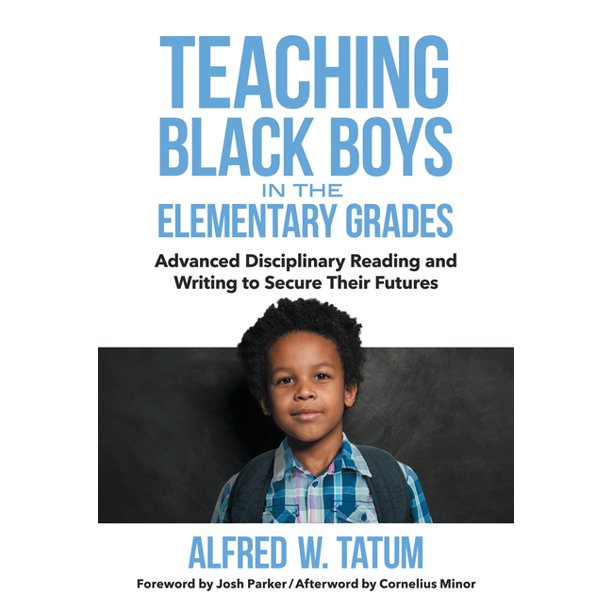
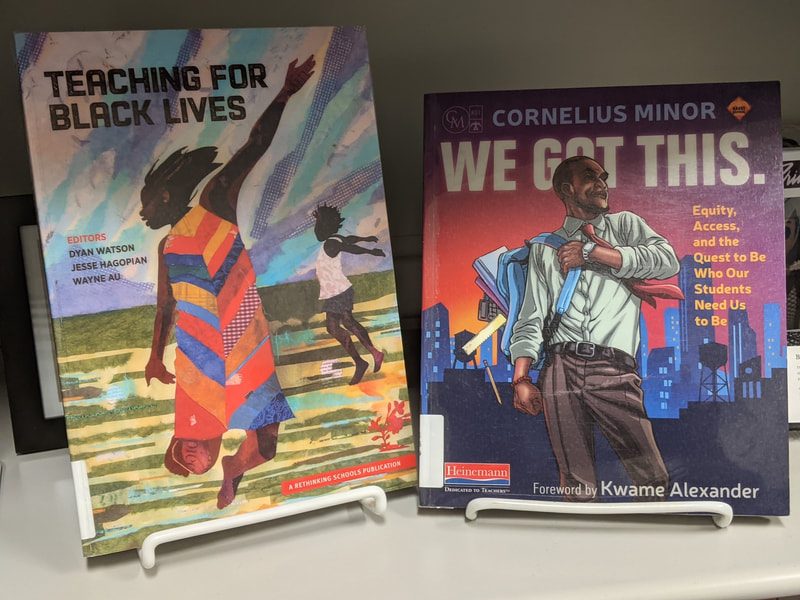
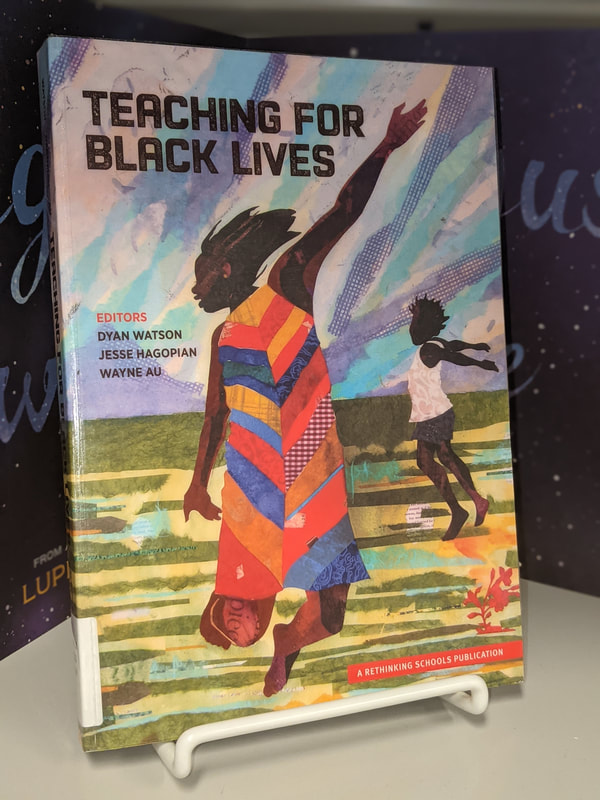
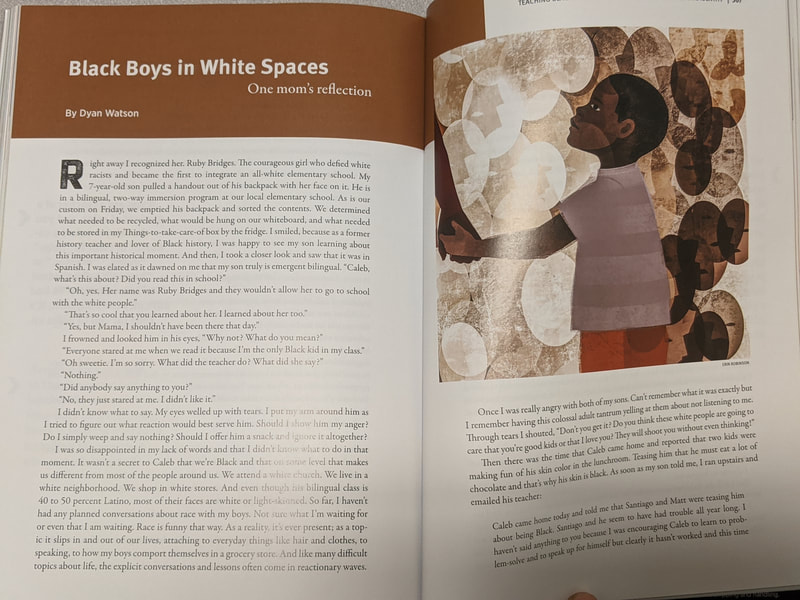
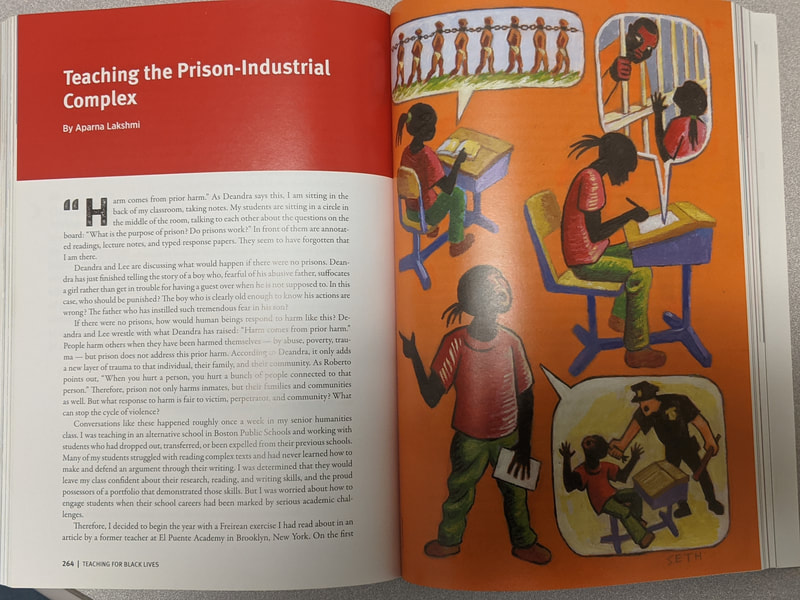
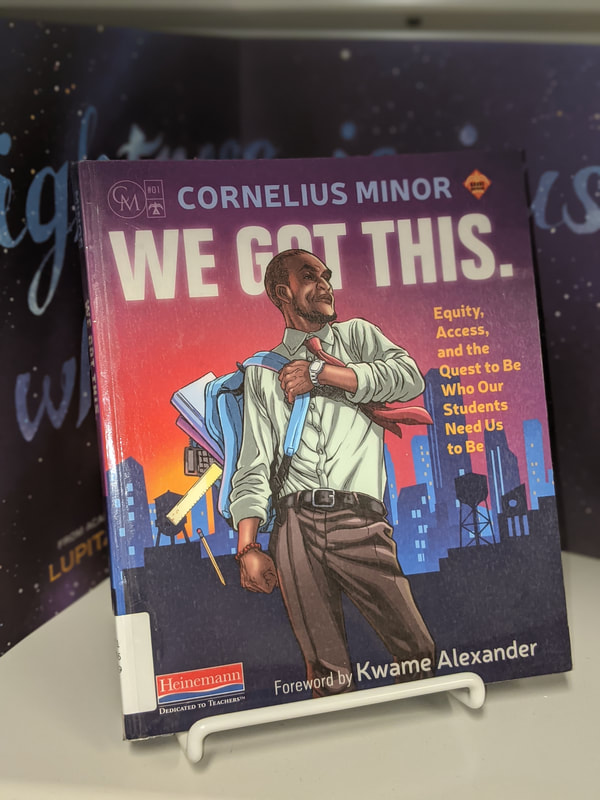
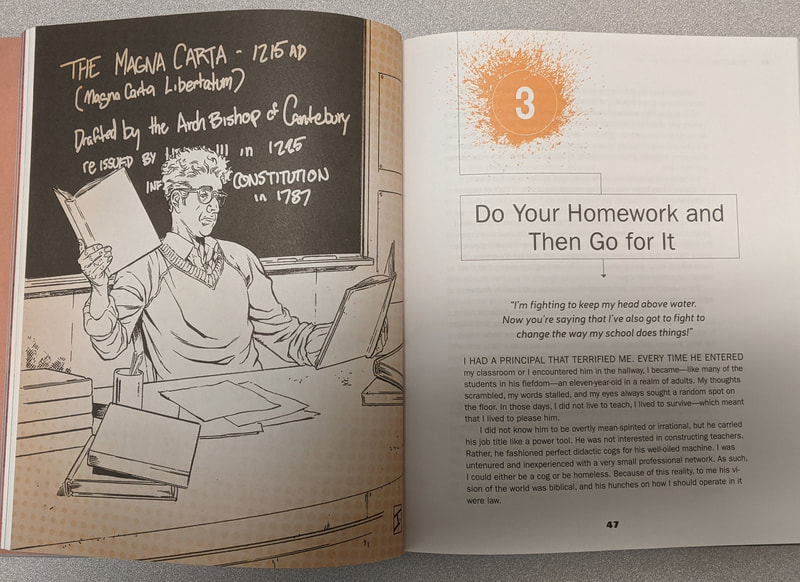
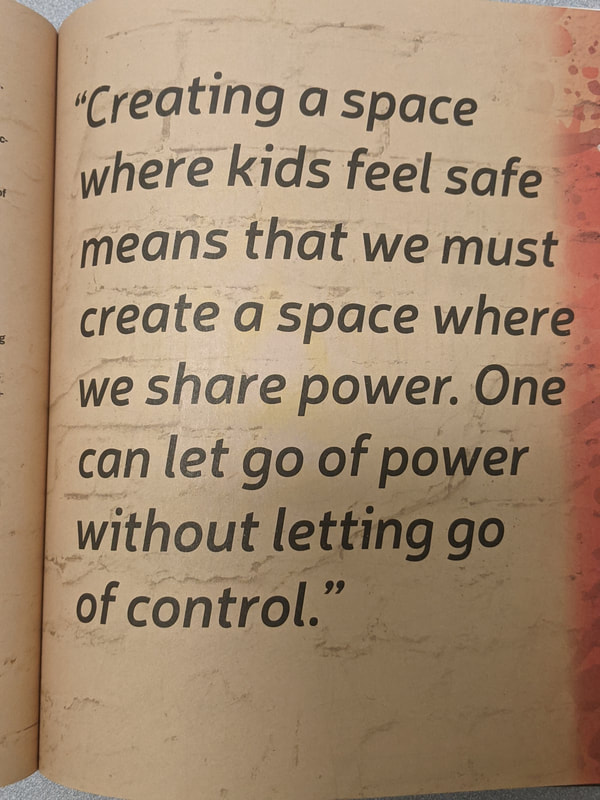
 RSS Feed
RSS Feed